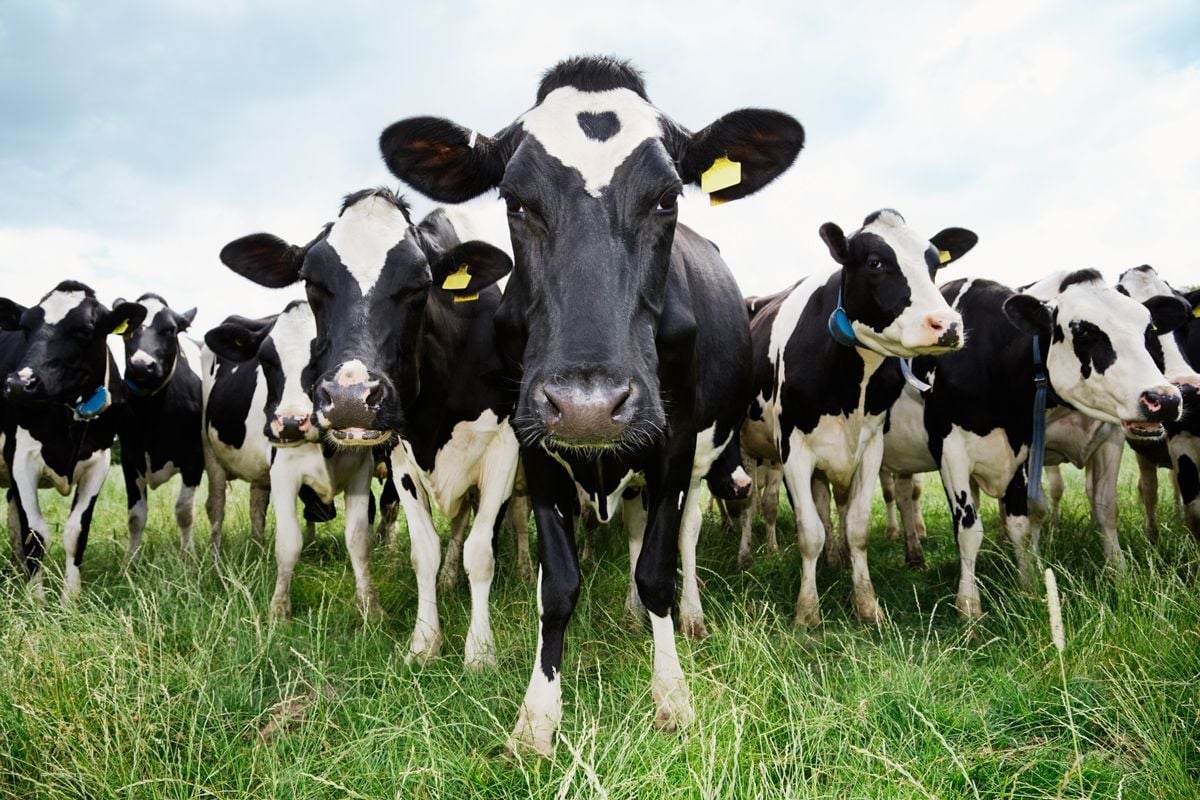A strain of bird flu known as H5N1 or highly pathogenic avian influenza has made a worrying leap to cattle herds across the US over the past month. This development has sparked “enormous concern” among health experts, including the World Health Organization’s (WHO) chief scientist, who warned of the virus’ “extremely high” mortality rate in humans.



If H5N1 continues to rapidly mutate and makes the jump to human to human transmission in the same way it has with bovine hosts we are in for a rough ride. A virus with a 50% mortality rate will unquestionably collapse the global medical system, and the global economy right behind it.
50%?
That would collapse society. Power, transportation, communications, agriculture all rendered non function for years in a best case scenario. Where do you see that this has a 50% morbidity rate in human-like animals?
Here you go:
Source: The Guardian
Well I hope the vaccine we have ready to go works, because a disease with the communicability of the flu with a mortality rate of 52% is absolutely the end of human civilization in any recognizable sense.
I dunno about 50%, but Native Americans had a >90% mortality from European disease at the time of the Columbian Exchange, and it messed them up pretty badly.
The Black Death killed maybe 50% of Europe’s population.
https://en.wikipedia.org/wiki/Black_Death
That didn’t end European civilization, but it was a cataclysmic event, left huge scars.
Though they also had shorter supply chains and such, were maybe more-resilient to disruption.
It’s a matter of being different societies, occurring over different lengths of time, and being global instead of regional.
Unfortunately there is not a prophylactic vaccine available yet. Even if there was one we are talking about potentially hundreds of millions of dead in developing countries who would not have access to it immediately. I’m not trying to be a doomer, but I think the concern is warranted.
Yeah but the strain currently infecting cows is mostly asymptomatic is it not?
OP casually stating that this disease has among the highest mortality rates